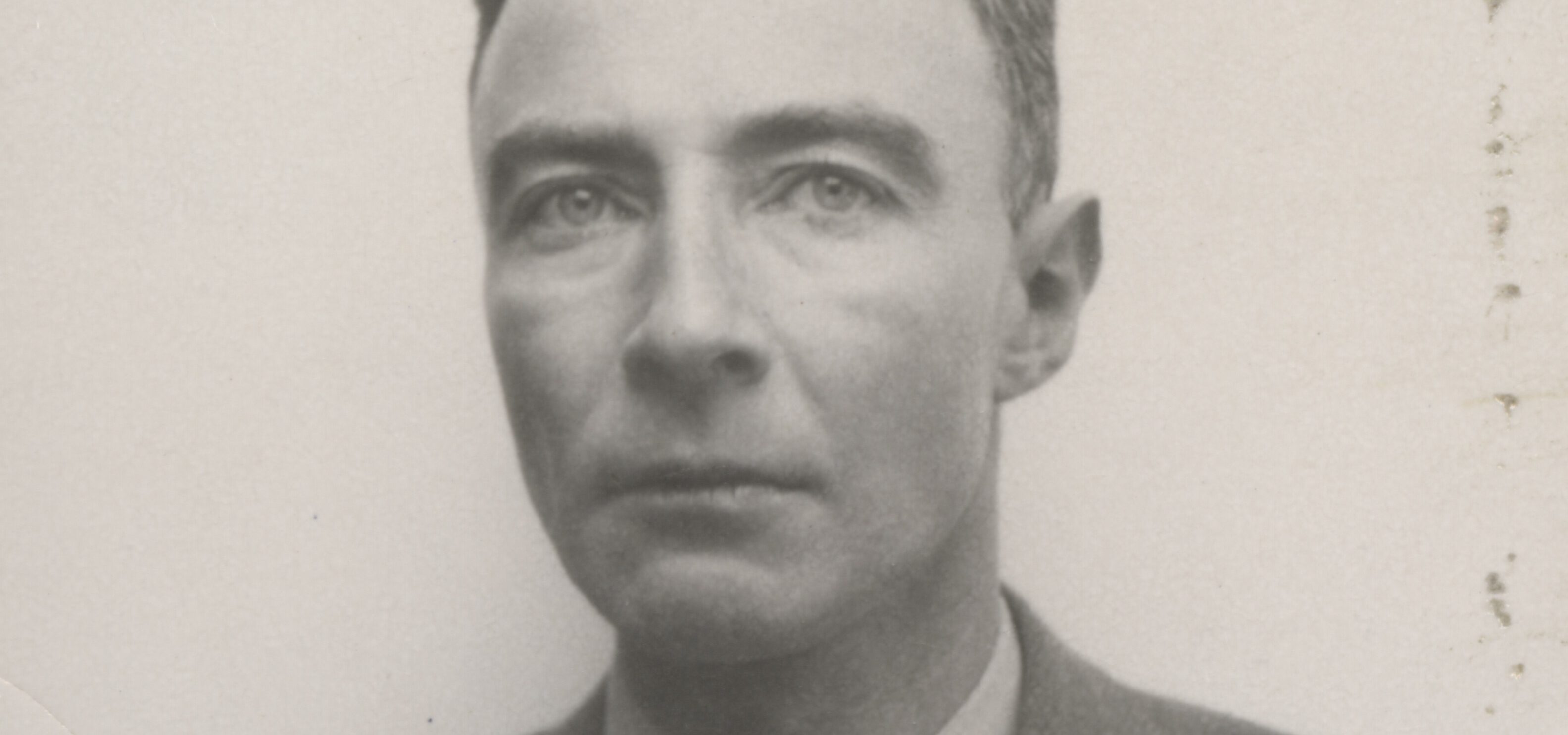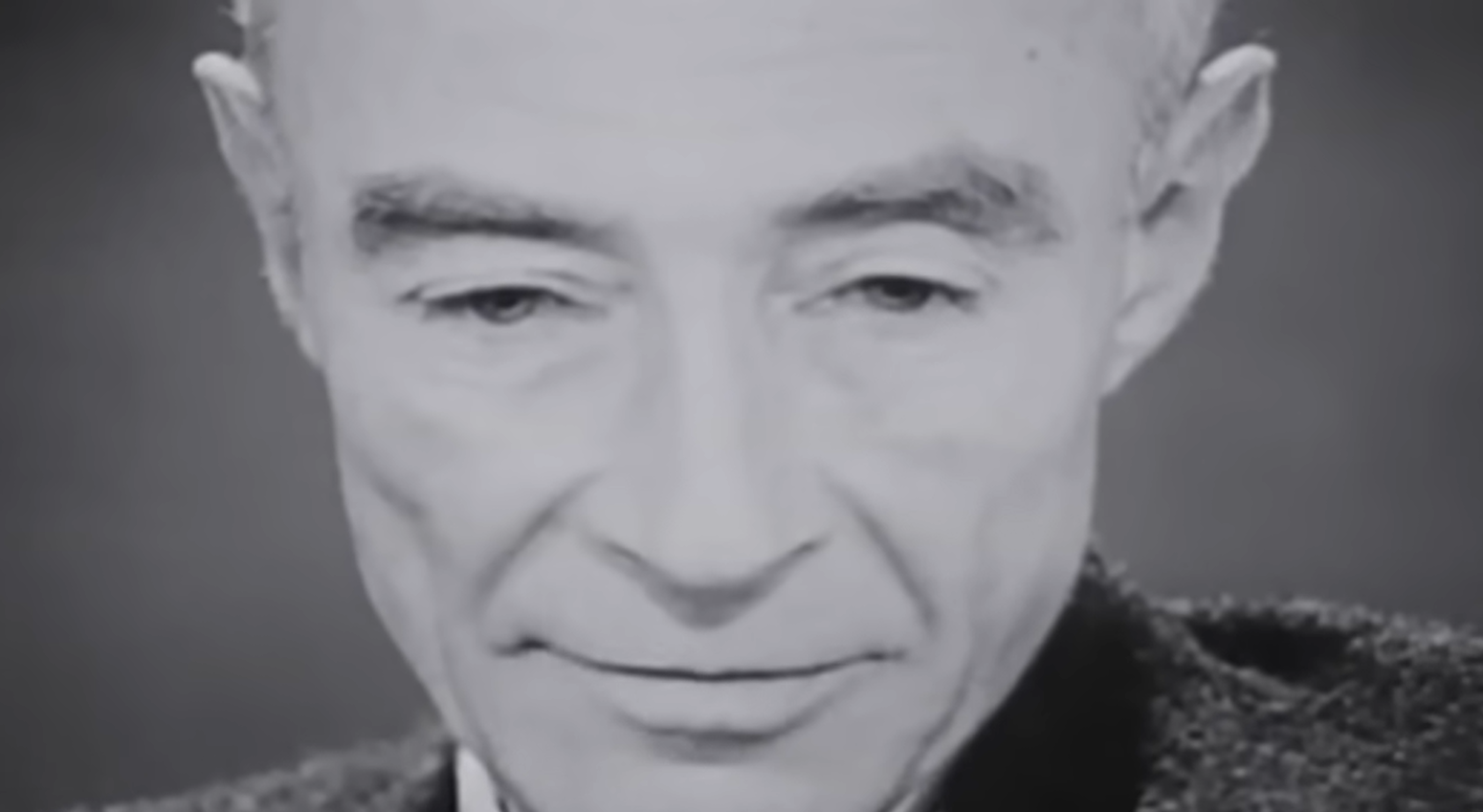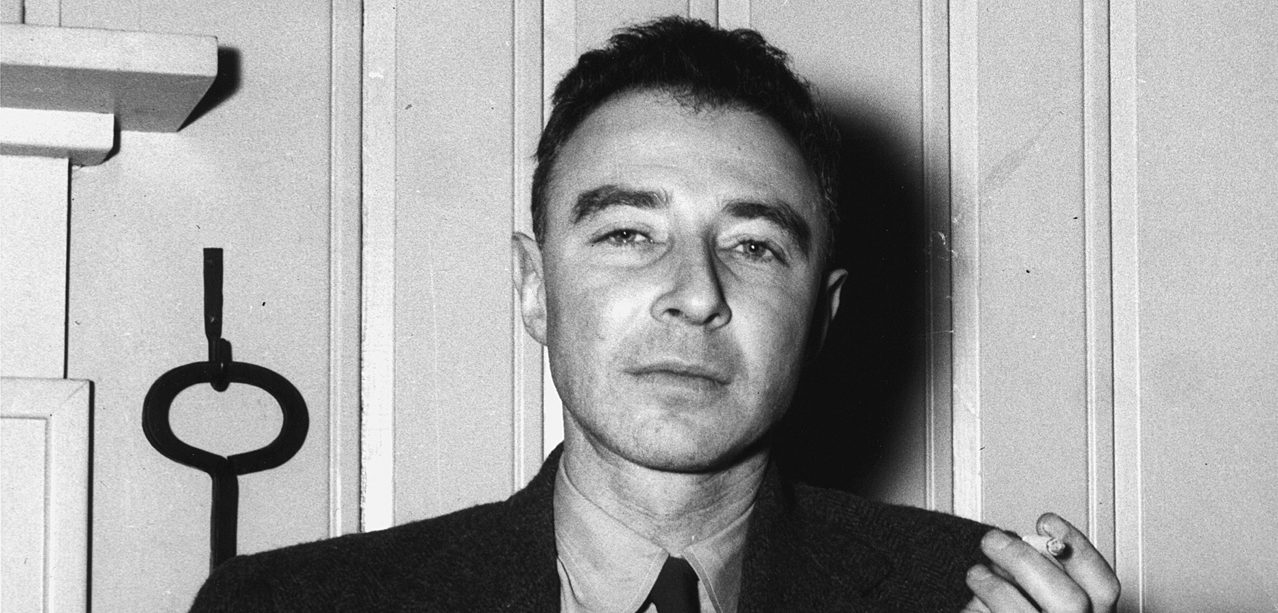Christopher Nolan’s biographical film ‘Oppenheimer’ revolves around the life of J. Robert Oppenheimer, the father of the atomic bomb, and his efforts to develop nuclear weapons for the United States during the Second World War. In reality, as the film depicts, Oppenheimer was the director of the Los Alamos Laboratory of the Manhattan Project, where the prominent research into nuclear weaponry and the designing of the atomic bombs took place. Despite being an essential part of the Project, Oppenheimer’s loyalty toward the United States was under scrutiny. If you wish to dive deep into the same, here’s everything you need to know!
The Mystery of Oppenheimer’s Alleged Espionage
Despite being an essential part of the United States’ efforts to develop nuclear weapons, Oppenheimer did come under suspicion as a Soviet Union spy. A G-2 (the United States Army’s intelligence agency) officer at Los Alamos accused the scientist of “playing a key part in the attempts of the Soviet Union to secure, by espionage, highly secret information which is vital to the security of the United States,” according to National Geographic. The “Chevalier Incident” also raised suspicion against Oppenheimer. The scientist didn’t initially inform the security agents that his friend Haakon Chevalier told him that a scientist named George Eltenton had the means to transfer technical information to the Russians.

Even when he finally did, Oppenheimer hid Chevalier’s name, raising suspicion. However, Leslie Groves, the director of the Manhattan Project, didn’t believe that the Incident alone was enough to question Oppenheimer’s loyalty. While the FBI was investigating the spy at Los Alamos, Lewis Strauss investigated Oppenheimer and reached out to Groves regarding the same. “Groves wrote Strauss two long letters trying to explain what had happened in 1943 and why he had accepted Oppenheimer’s explanation of Chevalier’s activities. In his first letter, he was emphatic in his belief that Oppenheimer was a loyal American. In his second, he tried to convey the complexity of the Chevalier affair,” Kai Bird and Martin J. Sherwin wrote in ‘American Prometheus,’ the Oppenheimer biography which serves as the source text for Nolan’s film.
Regardless of Groves’ trust in Oppenheimer, the Atomic Energy Commission revoked the scientist’s security clearance, which further tarnished his reputation. However, in 2022, more than half a century after the death of Oppenheimer, the Secretary of Energy nullified the decision to revoke the scientist’s security clearance upon deeming the investigation against him “flawed.” “More evidence has come to light of the bias and unfairness of the process that Dr. Oppenheimer was subjected to while the evidence of his loyalty and love of country have only been further affirmed,” the Energy Secretary Jennifer M. Granholm said in a statement, which puts suspicions that revolves around the scientist to rest.
Oppenheimer’s Communist Links: Unconfirmed
One of the primary reasons Oppenheimer came under suspicion of being a spy is his apparent leaning towards communist causes and notions. It isn’t a secret that Oppenheimer was interested in the same. He reportedly supported the anti-fascists during the Spanish Civil War and went on to unionize academics. Having said that, Oppenheimer was never an official member of the Communist Party. But he was surrounded by communists. His brother Frank Oppenheimer and wife Katharine “Kitty” Puening were members of the Party at some point in their lives. Jean Tatlock, with whom he nurtured a romantic relationship, was also a member of the Communist Party of the USA.

Furthermore, several of Oppenheimer’s students, while he was a professor at the University of California, Berkeley, were communists. During the Atomic Energy Commission’s investigation into the scientist, the authorities scrutinized the same, only for Oppenheimer to admit that he had associations with the Communist Party in the 1930s, as per Bird and Sherwin’s book. As per reports, while joining the Manhattan Project, the scientist supposedly wrote in his security questionnaire that he had been “a member of just about every Communist Front organization on the West Coast.” When AEC asked him about the same during the security hearing, Oppenheimer responded that if he had ever said something like it, “it was a half-jocular overstatement.”
Right before the security hearing, William Liscum Borden, former executive director of Congress’ Joint Atomic Energy Committee, sent a letter to FBI director J. Edgar Hoover, stating that “more probably than not J. Robert Oppenheimer is an agent of the Soviet Union,” as per Bird and Sherwin’s Oppenheimer biography. At the end of the security hearing, the Personnel Security Board found that “there is no evidence that he was a member of the [Communist] party in the strict sense of the word.” As far as the FBI was concerned, the agency “would never resolve the question of whether or not Robert was a CP member — which is to say that there was scant evidence that he was,” wrote Bird and Sherwin.
Even though a few of the informants of the FBI deemed Oppenheimer as a communist, most of them “merely painted a portrait of a fellow traveler” and some of them even “emphatically denied that he was ever a Party member.” “The Bureau had only its suspicions, and the conjectures of others. Only Oppenheimer himself knew — and he always insisted that he had never been a member of the Communist Party,” states ‘American Prometheus.’ Regardless of whether Oppenheimer was a Communist Party member or not, historians believe that the scientist is the most prominent victim of America’s anticommunist crusade AKA McCarthyism since his communist associations were used to invalidate his loyalty towards his country and suspect him of being a spy.
Read More: Oppenheimer: Is Rami Malek’s David Hill Based on a Real Person?


You must be logged in to post a comment.